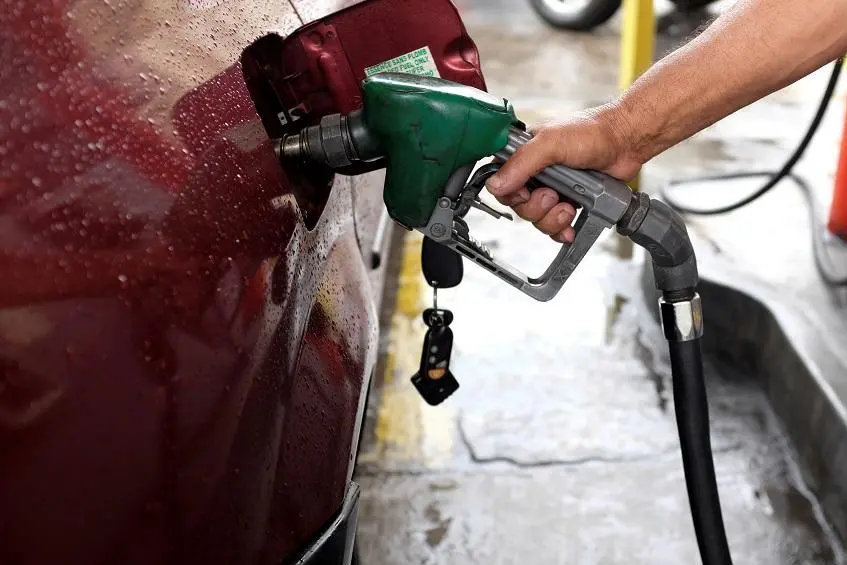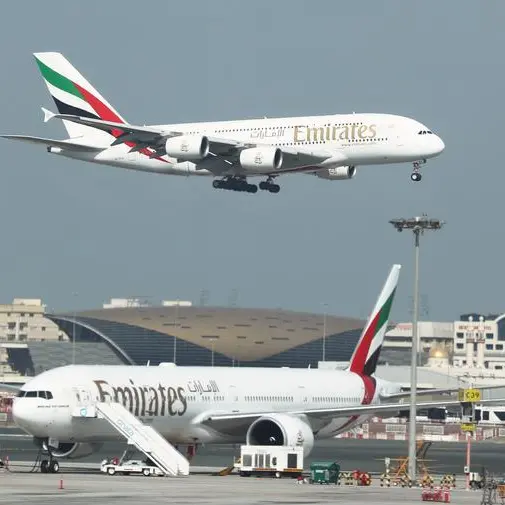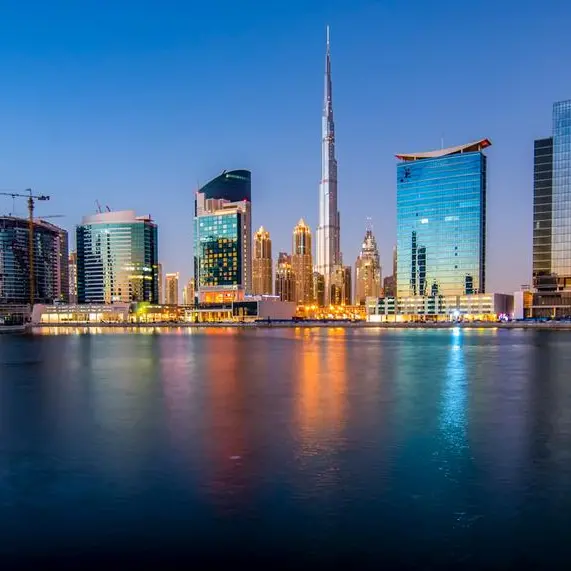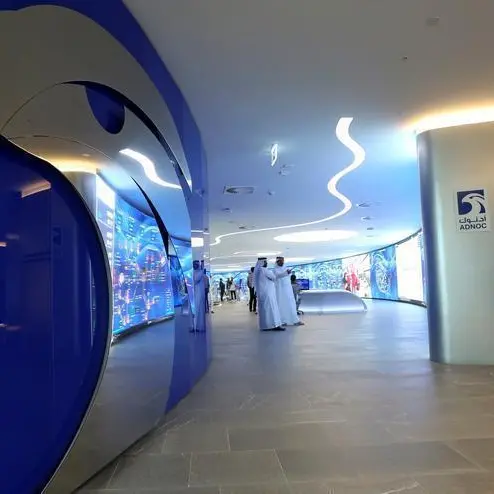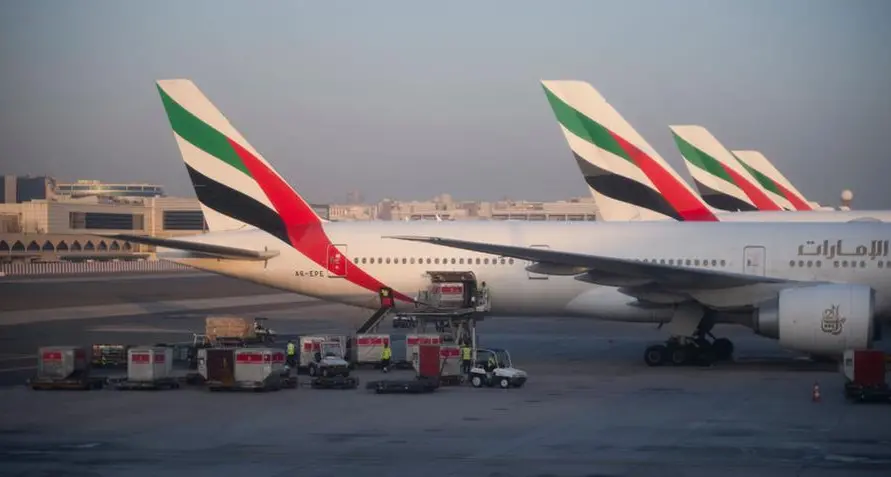PHOTO
RABAT - Morocco's planned fuel price cap would still take place despite criticism from the competition regulator, governance minister Lahcen Daoudi said on Friday.
The head of the competition council said earlier that controlling fuel prices would not be in the best interests of consumers or the economy and that boosting local storage capacity and competition in the sector were better options to put downward pressure on prices.
Calls to limit the profit margins of fuel distribution companies were triggered during a consumer boycott campaign last year, which took aim at big business including Morocco’s largest fuel company owned by agriculture minister Aziz Akhannouch.
"The council focused on the disadvantages of capping but omitted the merits," Daoudi said in a video on EcoActu news website, having waited for the council's opinion before setting the price caps.
"Setting the price of fuel will be inappropriate and inefficient to preserve the interests of the Moroccan consumer and the economy," the head of the competition council, Driss Guerraoui told reporters earlier.
Capping would only have a limited impact and would not take into consideration wider factors affecting prices, including volatility in international markets, he said.
Backtracking on the liberalisation of fuel prices, in force since 2015, "risks sending a bad signal to the market and investors," he went on to say.
Morocco imports 93 percent of its refined oil needs after the shutdown in 2015 of its sole refinery Samir over unpaid taxes, a factor that has contributed to an increase in its energy import bill to 82.3 billion dirhams in 2018 from 69.5 billion in 2017.
Guerraoui criticised the government for launching a "badly prepared liberalisation" of fuel prices and lambasted fuel companies for lacking transparency.
Only two companies listed on the stock market reveal their profits while the rest are not obliged to do so, making it hard to ascertain profit margins.
Twenty fuel distribution companies operate in Morocco of which 7 control 70 percent of the market with only 3 companies controlling 53 percent, Guerraoui said.
"It is not the competition council's job to give lessons to the government," the minister said.
(Reporting by Ahmed Eljechtimi; Editing by Kirsten Donovan and Elaine Hardcastle) ((ahmed.eljechtimi@thomsonreuters.com;))
